Celebrating the 1st of November is a must do to every Algerian citizen.
This November 2022 many Algerian women wore “the haik” [ a traditional women’s garment worn in the Maghreb region] and went out in Algiers to celebrate the first of nov.
The main reason of celebrating it is that on the night of 01st November 1954 at 00:00, the first Algerian bullet was fired against the French colonizers marking the start of a fierce revolution that ended in favor of the Algerians.
France, as you may know, invaded and colonized Algeria since 1830. Throughout its presence on the Algerian soil, plenty of Algerian nationalist parties and tried hard to fight back the oppressor yet constantly failed since they were poorly armed, divided, and oppressed and unorganized.
France's unfulfilled promise ?
France reneging on its promise?
When WWII started, France was in a critical situation, they were obliged to promise Algerians full autonomy under the condition of providing fighters against Nazi occupation of France, which the Algerians enthusiastically did. Unfortunately, After the war was over in favor of the Allies, the French’s part of the deal wasn’t fulfilled, and tens of thousands of Algerian lives were wasted for nothing.
These exact events bring us to the first movie we’re going to watch, which is titled “Heliopolis”. The film was made in 2021 and has a rating of 8/10 on IMDB. Selected as the Algerian entry for the Best International Feature Film at the 94th Academy Awards.
The movie takes place in the province of Guelma in May 1945. After WWII was finally over, millions of Algerians went out celebrating the end of such a brutal war and simultaneously protesting peacefully thinking that France would fulfil its part of the deal as promised. Unfortunately, that wasn’t the case and France responded to by a blood bath against the locals where an estimated 30,000 protestors were cold-bloodedly shot and murdered.
I wanted to fully enjoy the experience so i left watching the movie to the day it was aired in the cinema, what got to me the most a very heartbreaking scene, where a father was begging the French authorities to spare his son’s life but a French army commander used this moment of weakness of his to humiliate him and lead him to pledge allegiance to France and say horrible things about the protestors and the probable existence of an Algerian nation in front of his son and many other arrested protestors before they got shot by a firing squad in front of the father.
“Algeria is French, and The Mudjahideen are dogs” the man was forced to say before witnessing his son shot to death and collapsing in tears and disbelief.
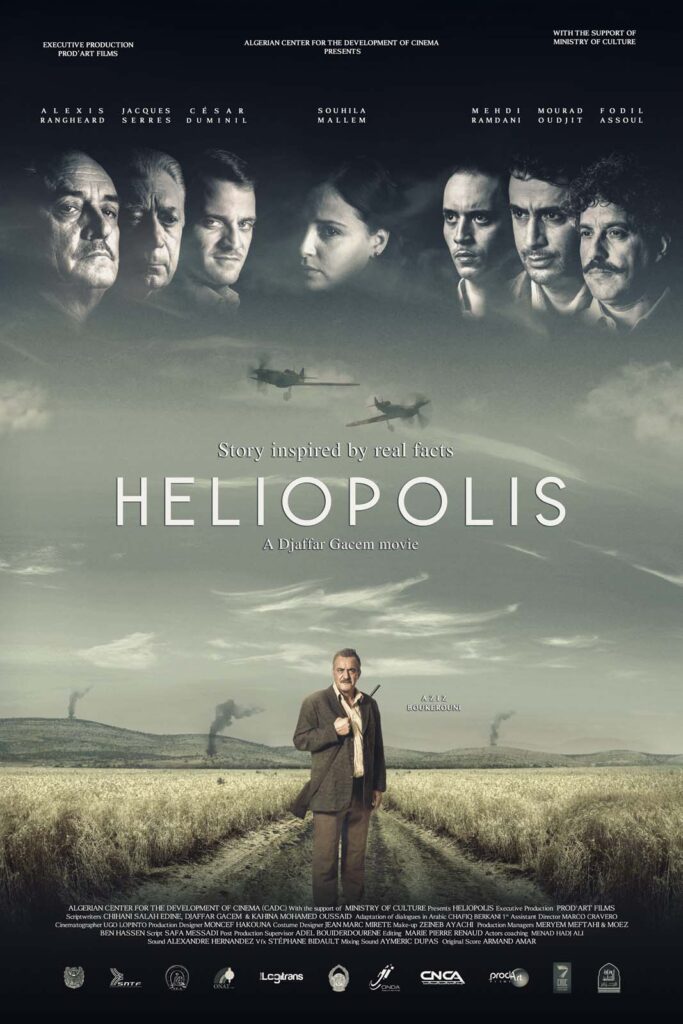
Learning the lesson
After that massacre, Algerians learned the hard way that what was taken by force, can only be restored by force.
Since those events, planning for an armed revolution started and lasted until late of October 1954, when a faction of young Algerian Muslims who established the Front de Liberation Nationale (FLN) as a guerrilla organization dedicated to gaining independence from France. Its aim was to restore a sovereign Algerian state. It advocated social democracy within an Islamic framework and equal citizenship for any resident in Algeria. Using mainly two weapons: guerrilla warfare inside of the country and diplomatic activity abroad, particularly at the United Nations (UN).
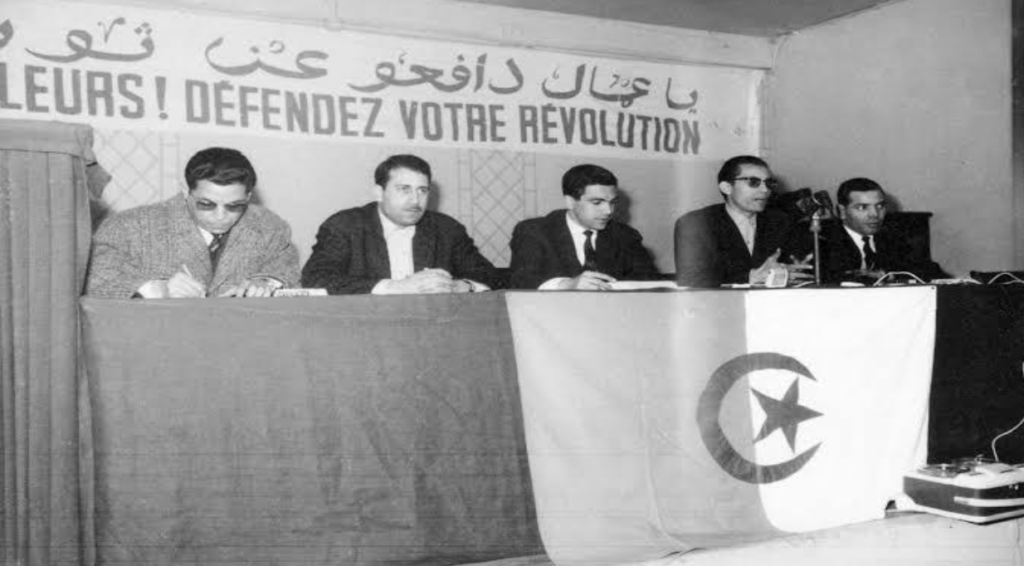
The FLN started a strategic plan to fight against the French colonization, they first started targeting mainly small rural areas while coordinating with their active members in Tunisia and Morocco. To isolate these rebels and their area of operations, France granted Tunisia and Morocco full independence. Thus, their borders with Algeria were militarized with barbed wire and electric fencing. As a result, the FLN leaders attempted to travel to Tunisia in October 1956 to discuss the Algerian War by air, the French discovered the plan, intercepted their plane diverted it which resulted in their capture.
In response to that, the FLN launched a new campaign of armed operations capital city of Algiers. which gave birth to the famous movie: “The Battle of Algiers”.
Coming to the second movie the classic : La bataille d’Alger produced and aired in 1966, rated 8,1 on IMDB.
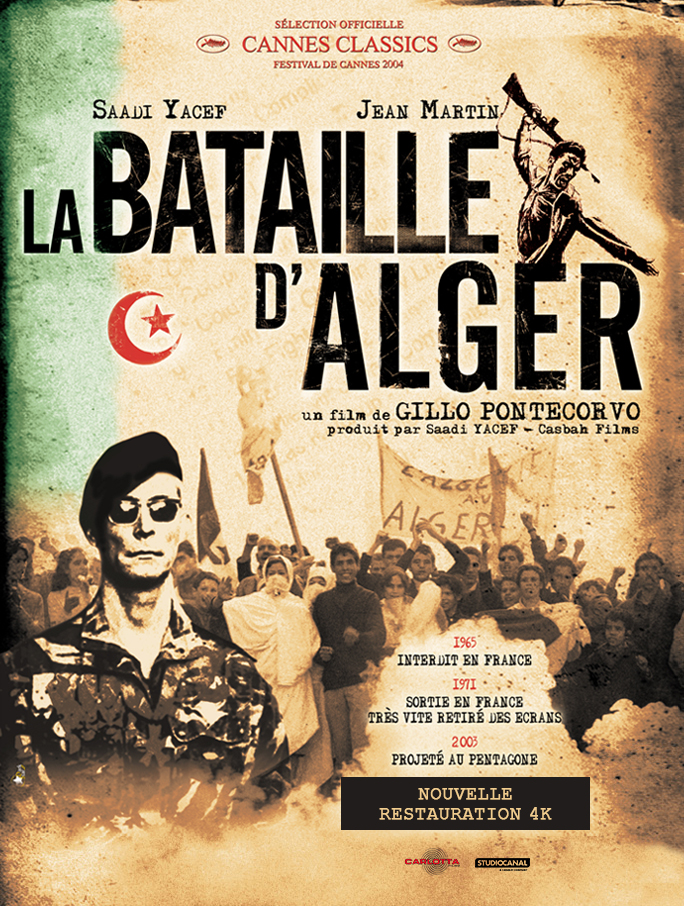
The movie demonstrated how violence escalated on both sides, Algerian children shot French soldiers at point-blank range, Algerian women planted bombs in cafes, and tricked French soldiers to ambushes and traps which was very fascinating. France resorted to torture the locals to break the will of the insurgency.
“ La bataille d’Alger “was shot in the streets of Algiers in a documentary-like style.
The real ‘Battle of Algiers’ was a pivotal event in the Algerian War of Independence. Taking place in the tiny back streets and alleys of the Algiers Casbah from the summer of 1956 until October 1957, the fighting set the Front de Libération Nationale (FLN) against the elite paratroopers of the French Army.
General Jacques Massu, head of France’s crack parachute unit, was given extraordinary powers to act in the city, and through arrests, torture, and assassinations, the FLN presence in Algiers was widely diminished. By the end of 1957,most of the rebels were pushed back again to rural and mountainous areas and it seemed the tide had turned in the Algerian War.
However, in May 1958, a new crisis for the occupiers started when European Algerians “ Les Pieds Noirs “ launched massive demonstrations in the country calling for the integration of Algeria with France and for the return of Charles de Gaulle to power. In France, the Algerian War had seriously polarized public opinion, and many feared the country was on the brink of army revolt or civil war. On June 1, de Gaulle, who had served as leader of France after World War II, was appointed prime minister by the National Assembly and authorized to write a new national constitution.
The ending of a long struggle
Days after returning to power, De Gaulle visited Algiers, and though he was warmly welcomed by the European settlers, he did not share their enthusiasm for Algerian integration. Instead, he granted Muslims the full rights of French citizenship. Furthermore, in 1959 De Gaulle declared publicly that Algerians had the right to determine their own fate and future. During the next two years, the worst violence in Algeria was perpetrated by European settlers rather than the FLN, Nevertheless, scattered revolts and insurgency did not fend off the start of peace negotiations between France and the FLN-led provisional government of the Algerian Republic in 1961.
In March 16th,1962. A peace agreement was finally reach and signed at Evian-les-Bains.
France, promising independence for Algeria pending a national referendum on the issue. French aid to its former colony would continue, and European setters could return to their native countries, remain as foreigners in Algeria, or claim the Algerian citizenship. In July 1st , 1962, Algerians overwhelmingly approved the agreement, and most of the one million Europeans in Algeria poured out of the country. The casualties of the 8 years war were estimated at millions.
Both the French military and settlers’ militias committed countless atrocities against the locals, which eventually did not help them keep what their ancestors stolen. Victory was only deserved to a people who believed in themselves .. a people who sacrificed and won.
What's a revolutionary story without a love one ?
Reaching the last movie, the romantic, heroic, nationalist ” what the day owes the night” inspired by “Yasmina Khadra’s” famous novel “Ce que le jour doit à la nuit ” rated 4,2/5 in “Good Reads”. The movie is about life in Algeria back in the 1930’s. The main character, Younes , is nine years old who is put in his uncle’s care in the city of Oran. Younes and his uncle’s family then moves to the city of Rio Salado Ouest of Algeria because his uncle was a suspect of revolutionary acts. When they moved to start a new life, Younes’s name was flipped to become “ Jonas” so he better fits in with Rio Salado European residents. Later on, “ Jonas “ makes plenty of friends there and meets a lady called “Emilie” who recently moved in town and charmed everyone with her looks and beauty. A great love story eventually develops between Jonas and Emilie, which got unsettled by the conflicts troubling the country between the locals and the Europeans. As a result of that, Jonas finds himself in a critical situation between his new French identity, name and lifestyle and staying his Algerian identity and national case on the other hand.
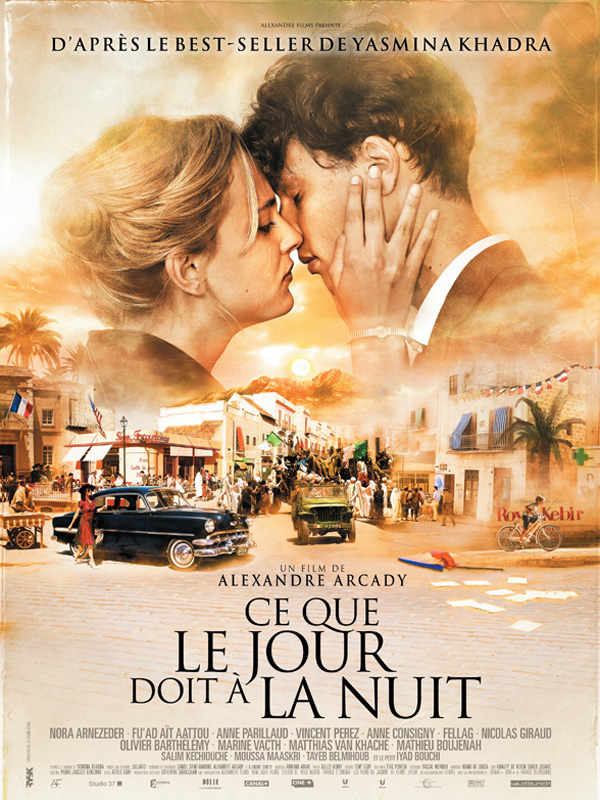
Honestly this movie is very dear to me i felt the indecisive Jonas heart shattering and having to choose between two dear things to him, having an identity crisis, seeing how a man had to leave his son to ensure him a better future after his land was stolen by the french army and ending with no food to his family. Knowing this happened to hundreds and thousands of Algerians was very hard but made the movie worth every minute. The connection you’ll have with the characters and seeing their struggle is very deep and gave it my 5 stars on Letterboxd. Very fascinating, definitely one of my favorites.
After the bloody revolution and losing more than one million and half martyrs, Algeria finally became an independent country, but the real work is yet to come. For instance, the illiteracy rate was at 85%. Algerians had to rebuild the country clumping up its fragments piece by piece but that was worth every drop of blood. They were independent and that was enough for them.
Other Articles
Maha Ammouche : Founder of the Algerian Beauty tech innovation IZYA
Maha Ammouche Founder of the Algerian Beauty tech innovation IZYA I am ...
Douaa Berkani : From Medicine to Writing and Jewelry Making
Douaa Berkani From Medicine to Writing and Jewelry Making, a Journey ...
Rai Music of Algeria on UNESCO’s List of Intangible Cultural Heritage
A few weeks ago, Unesco announced that the Algerian popular ...
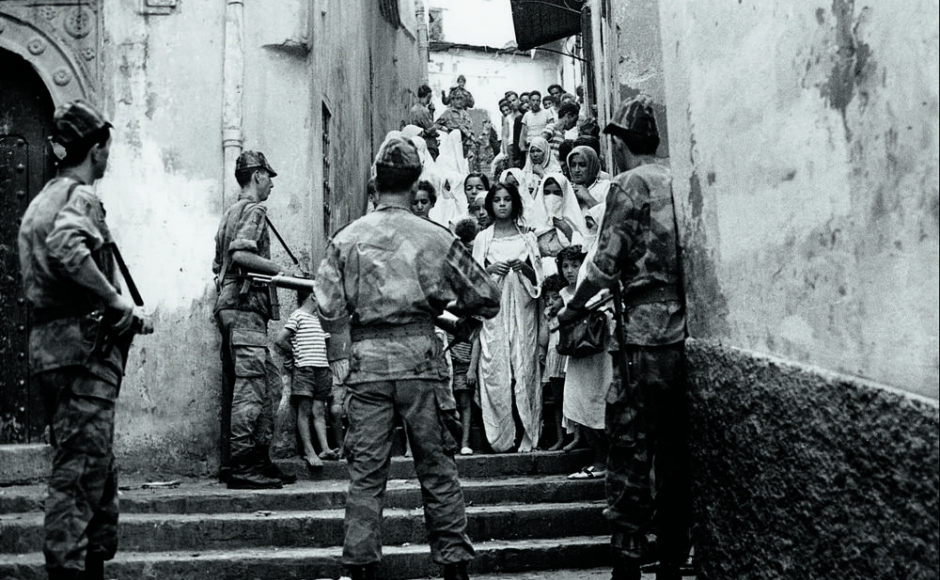


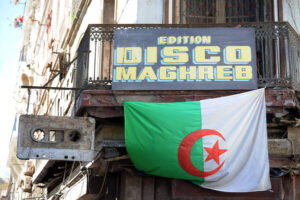
1 thought on “The Algerian revolution through movies”
Comments are closed.